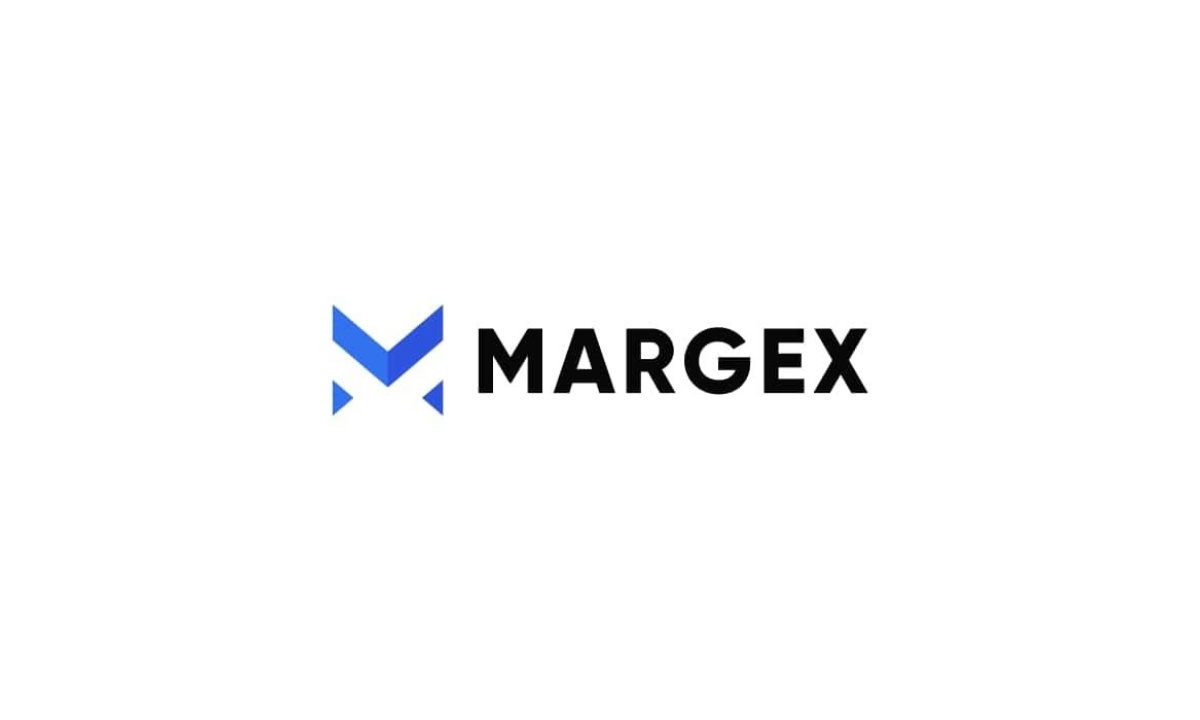At a time when governments across the world remain either sceptical or ambivalent about cryptocurrencies, one tiny European island-nation is charting the way forward. The Mediterranean archipelago of Malta, with its 122 sq miles of land area and 175,000 citizens, is quickly cementing its reputation as the ‘Blockchain Island’ by attracting talent, capital, and entrepreneurs from across the world. This year, the government will launch its first official blockchain event. Scheduled for the first week of October, Delta Summit is expected to attract nearly 1500 attendees and 75 keynote speakers, including Tim Draper and Changpeng Zhao. “We would like you to come and learn more about the country’s efforts in being trailblazers in this field”, said Prime Minister Joseph Muscat. Last year, two of the world’s largest cryptocurrency exchanges, Binance and OKEX, both moved their operations to Malta. Berlin-based blockchain firm Neufund, crypto gaming platform The Abyss, and Tron all said they were considering similar moves shortly after. What seems to be attracting these companies is the government’s intention, proactive approach, and transparency in creating a robust regulatory framework for cryptocurrency companies. A recent government-issued consultation paper claimed these written rules would help bring legal certainty to an industry that is currently unregulated and widely misunderstood. PM Muscat even called cryptocurrencies “the inevitable future of money.” From the government’s perspective, creating a favourable environment for cryptocurrency exchanges and blockchain companies seems like a reasonable bet. Binance alone claimed the move from Hong Kong will create 200 new jobs in Malta over the years. Other companies that move will inevitably bring more employment and capital to a nation that already has some of the lowest unemployment rates and some of the highest incomes in the European Union. With per capita GDP hovering around $31,850 and unemployment close to 4.4%, Malta is considered a high-income country by World Bank standards. However, attracting cryptocurrency companies isn’t just about boosting income and investments in the country. Malta’s authorities seem keen on invigorating the economy with innovation. In July this year, the government announced three new bills - the Malta Digital Innovation Authority Bill, the Virtual Financial Asset Bill, and the Innovation Technological Services Arrangements Bill - that would make it easier than ever for companies to issue new cryptocurrencies and for investors to trade existing ones. Alongside Gibraltar and Liechtenstein, Malta wants to pull the global center of blockchain innovation away from Asia and America towards western Europe. By setting regulations early, Malta continues to widen its lead over other jurisdiction as blockchain technology quickly becomes a disruption juggernaut. PM Muscat said, “We aim to be the global trailblazers in the regulation of blockchain-based businesses and the jurisdiction of quality and choice for world class fintech companies.” In a few years Malta could be home to cryptocurrency companies the way Delaware is home to big corporations and the Cayman Islands is home to hedge funds. The country is swiftly earning its reputation as the world’s first ‘Blockchain Island’.
Investment DisclaimerWhy Malta Is Earning A Reputation As The World’s First ‘Blockchain Island’
Published
5 years ago on
October 02, 2018
As a key writer for Crypto Daily, Nathan’s role entails the creation of cutting edge news articles, reviews, press releases and general content creation. Nathan’s stories strive to include the most up-to-date cryptocurrency news and affairs, contributing to Crypto Daily’s growing network. Nathans previous experience as a researcher ...

Blockchain
May 16, 2024
How Blockchain Is Transforming the Gaming Industry: A Conversation with Sky Mavis Co-Founder and Growth Lead Jeff Zirlin

Blockchain
May 16, 2024
5 Emerging L2 Blockchain Platforms to Keep an Eye On in 2024

Altcoins
May 16, 2024
Top 3 Cryptocurrencies Under $1 to Purchase

Bitcoin
May 16, 2024
Bitcoin (BTC) retests support - onward and upward from here?

Breaking News
May 16, 2024
Brothers Arrested for Masterminding $25 Million Crypto Theft in Record Time

Breaking News
May 16, 2024


